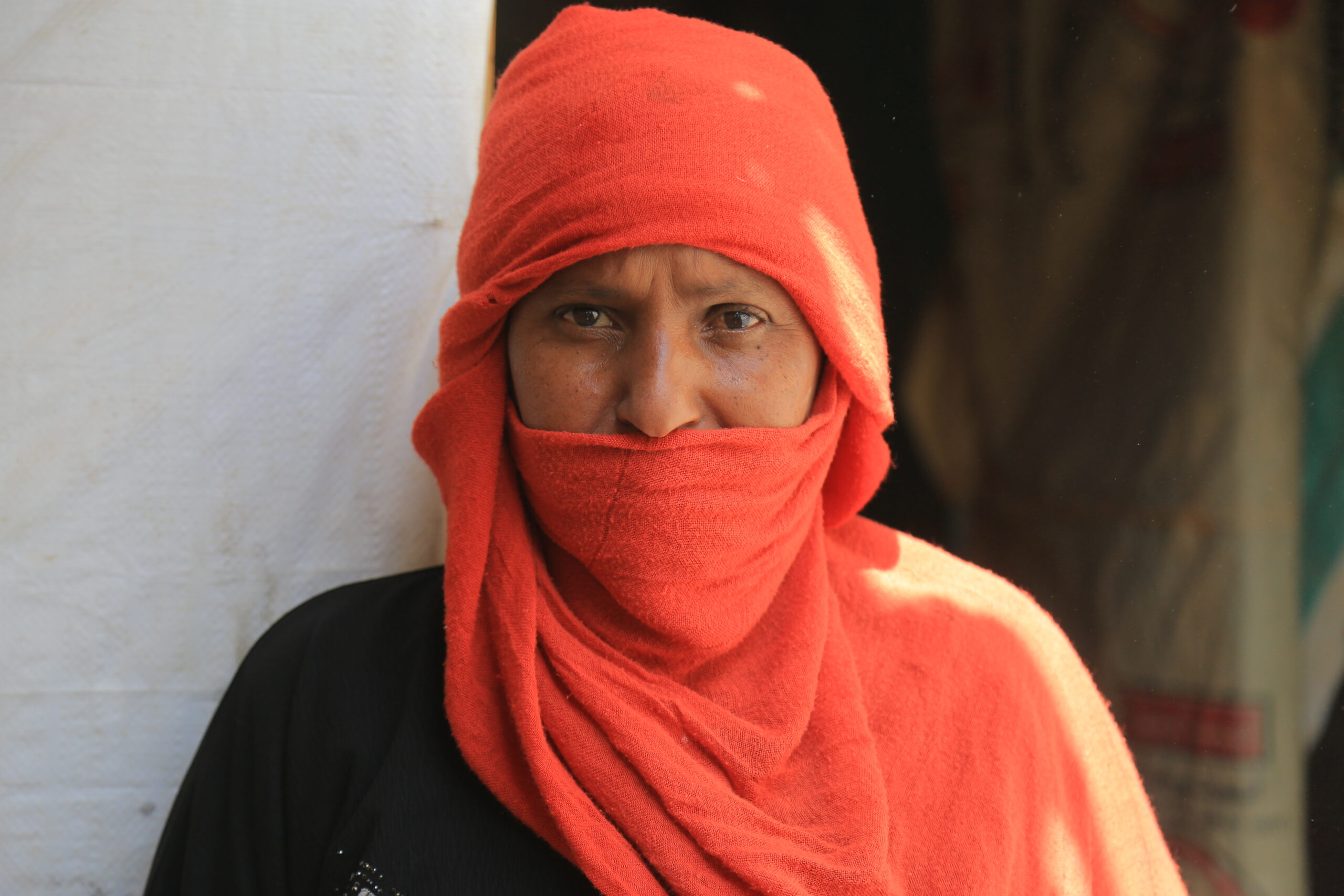600 million women around the world live within 50 kilometers of a conflict zone, more than double the number it was in the 1990s. Yet our understanding of how women experience war and respond in these highly complex crises is often clouded by narratives that frame them as, at worst, invisible, or at best, victims.
Women in War: Leaders, Responders, and Potential, a new report released by CARE, challenges these prevailing views by exploring how women endure conflict, and offers recommendations on how to better address their unique needs and challenges during this moment of escalating armed conflicts. Among its key findings from 15 countries experiencing conflict, the report found that women are overwhelmingly (91% of 13,000+ women CARE surveyed) taking active, leading roles to support and uplift their communities in places like Ukraine, Yemen, Colombia, Syria, and Gaza. And their biggest priority, according to the report, is livelihood assistance.
Women provide meals and shelter to those fleeing their homes. They become breadwinners for their families. They are advocates for change. They build powerful networks of change. 79% of women are finding ways to make communities safer, 71% are providing health services, and 46% are diversifying incomes to care for their families.
“This report shows us how important women are as active first responders and recovery leaders in regions wracked by conflict and other crises – and they are telling us that their first priority is the ability to earn an income. We need to listen to their advice and recognize their essential leadership in emergencies. If the world – and policies and aid programs – continue to see women only as victims of conflict, we will continue to miss crucial opportunities to support their powerful leadership,” said Michelle Nunn, President and CEO of CARE.
For the last 10+ years, via their Rapid Humanitarian Analyses (which they began conducting in 2013) and their Women Respond reports (which started in 2020), CARE has collected a vast and diverse array of testimonials and perspectives from women around the world in order to examine how they experience and lead during crisis. The Women in War report is informed by much of this research, along with publicly available datasets.
Some of the report’s additional findings from conflict countries include:
- Women’s basic needs are going unfilled. Livelihood is women’s highest priority. 58% of women CARE spoke to in conflict zones said they need livelihood assistance. 41% of women prioritized food as one of the biggest impacts of conflict.
- Sexual violence is a growing threat. More than 257 million women were living in countries that had significant or massive reports of sexual violence in conflict in 2021.
- Compromised health services put women and children at severe risk.
- One in 4 babies born in 2022 were born within 50km of a conflict.
- One in 2 women who dies during pregnancy or childbirth is in a conflict area. Maternal mortality is more than 40 times higher in fragile contexts than it is in developing countries.
- Formal leadership structures exclude women, compromising peace and prosperity for everyone.
- Narratives of conflict underrepresent women. Only 5% of articles about conflict in the last decade focus on women’s experiences.
“The women we heard from are leading in the face of barriers, challenges, and horrific experiences. Women face sexual violence, the loss of incomes and livelihoods, and plummeting health care – leading to higher death rates, even from preventable causes. The challenges are real, and we must do more to address them,” said Emily Janoch, CARE’s Associate Vice President, Design and Thought Leadership Department, and one of the report’s authors. “One key path to solving this crisis is recognizing and valuing women’s leadership in times of conflict and on the path to peace.”
ENDS
For media enquiries contact Briony FitzGerald on 0404 117 927
About CARE Australia
CARE Australia supports women around the globe to save lives, defeat poverty and achieve social justice. We work in partnership with local communities to provide equal opportunities for women that they have long been denied: the ability to earn an income, gain access to their fair share of resources, to lead and participate in decisions that affect their lives, and to be able to withstand the increasing impacts of climate disasters and other crises. www.care.org.au

